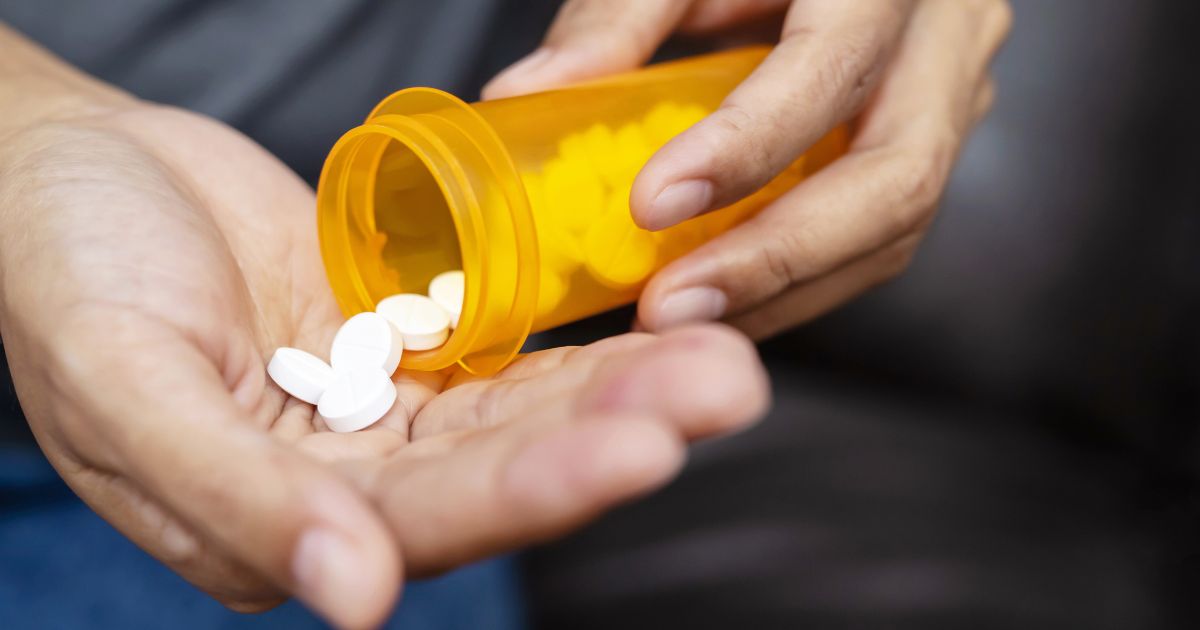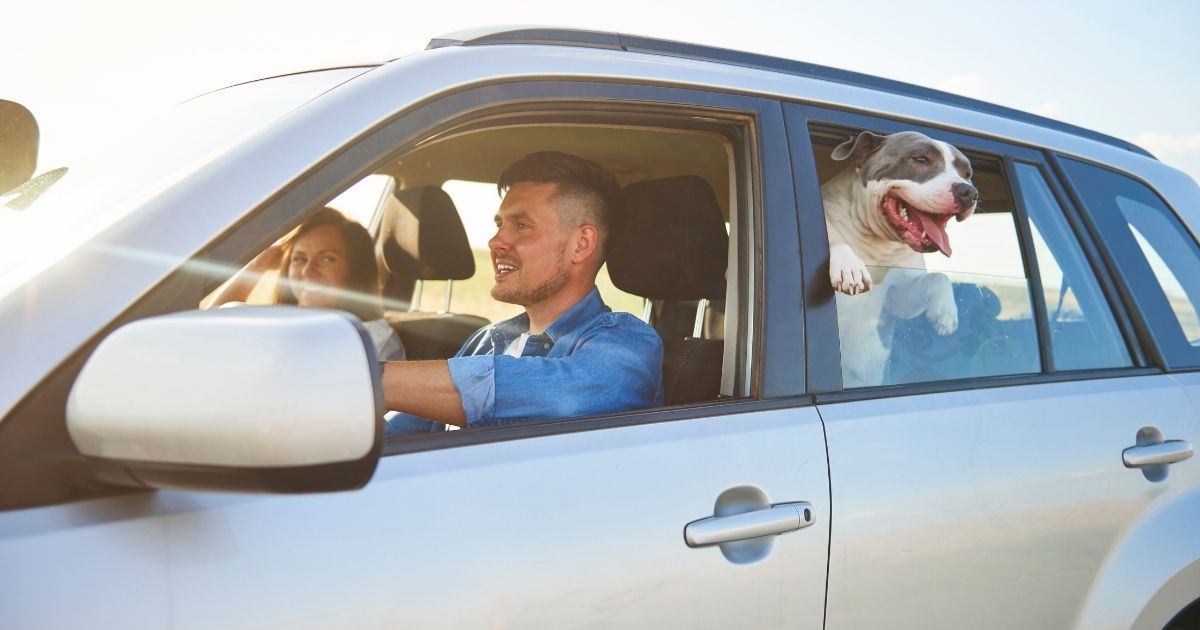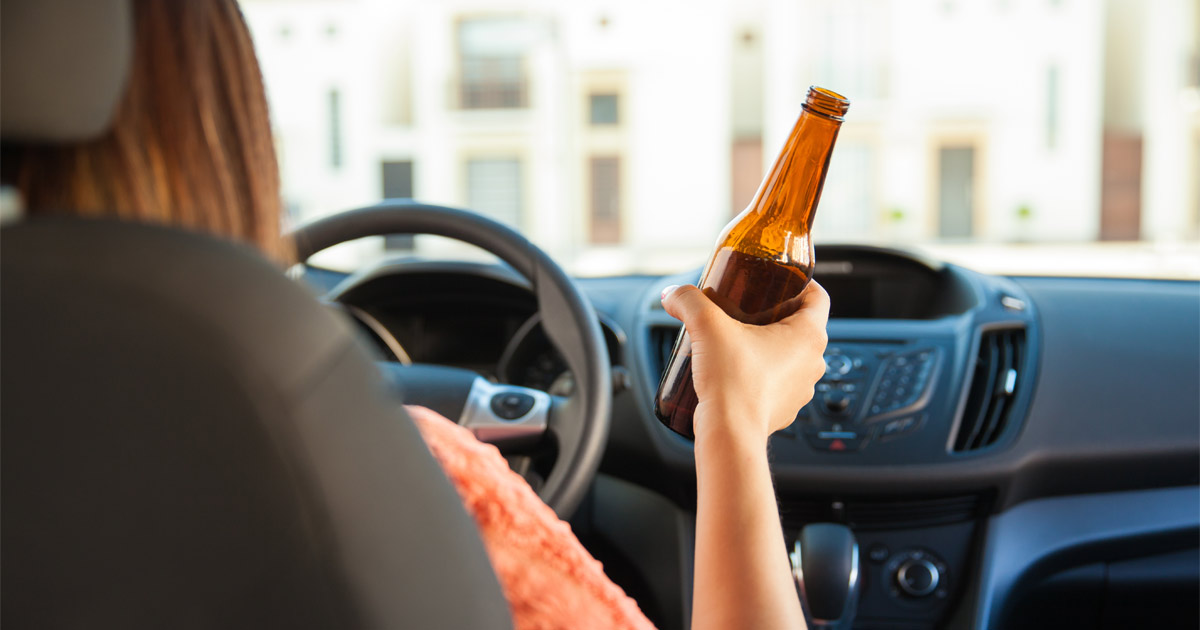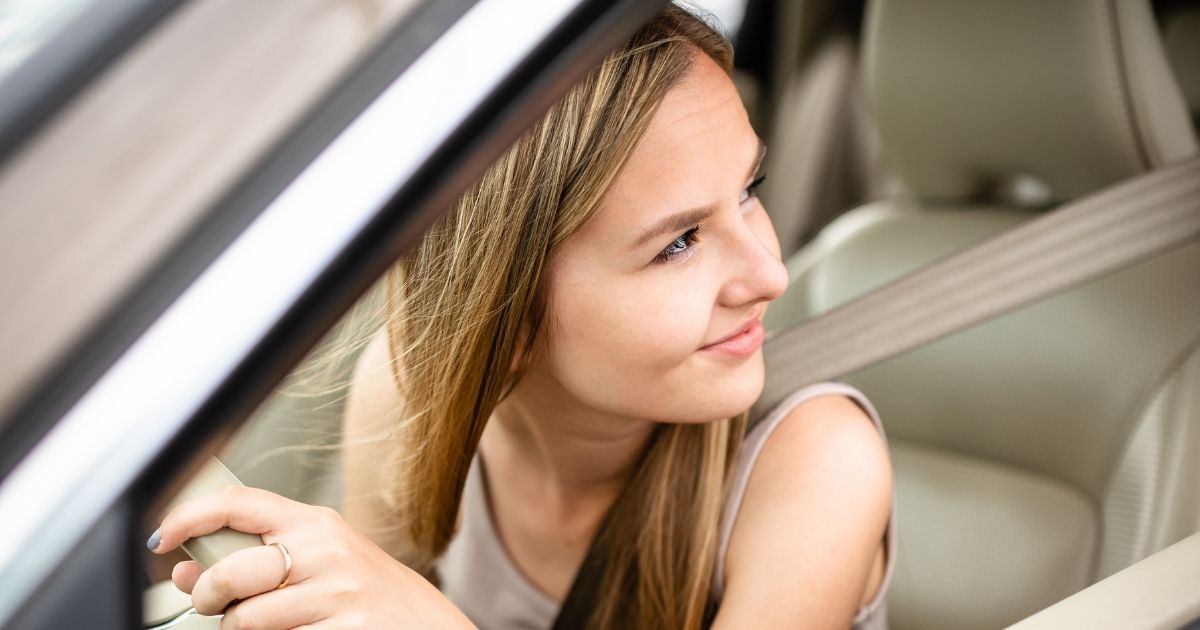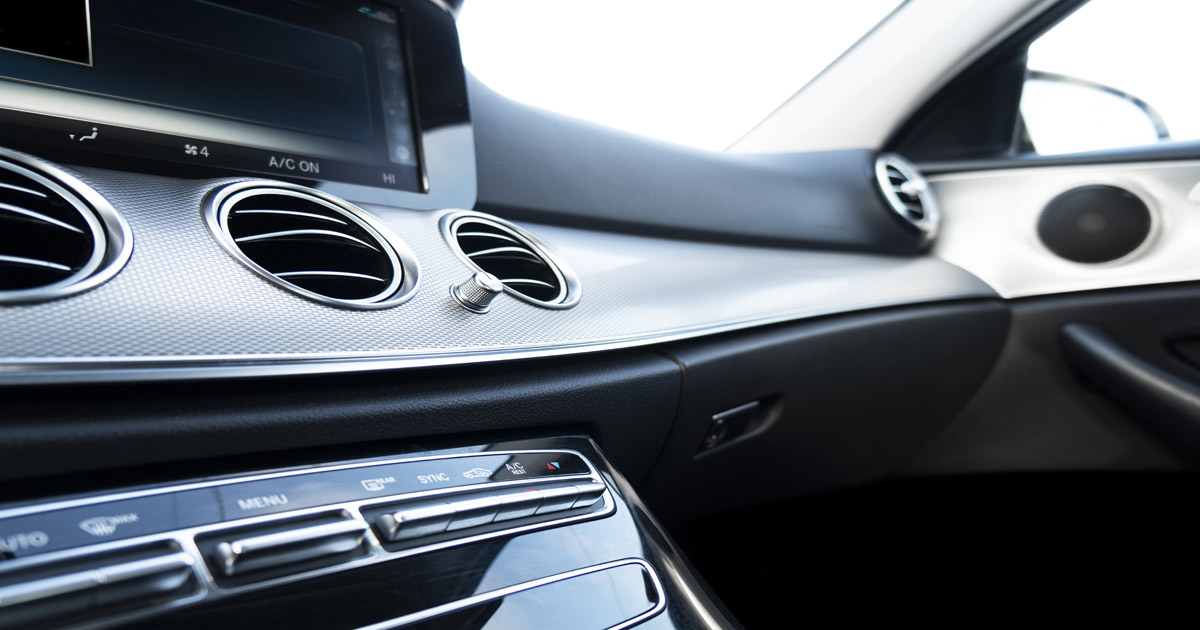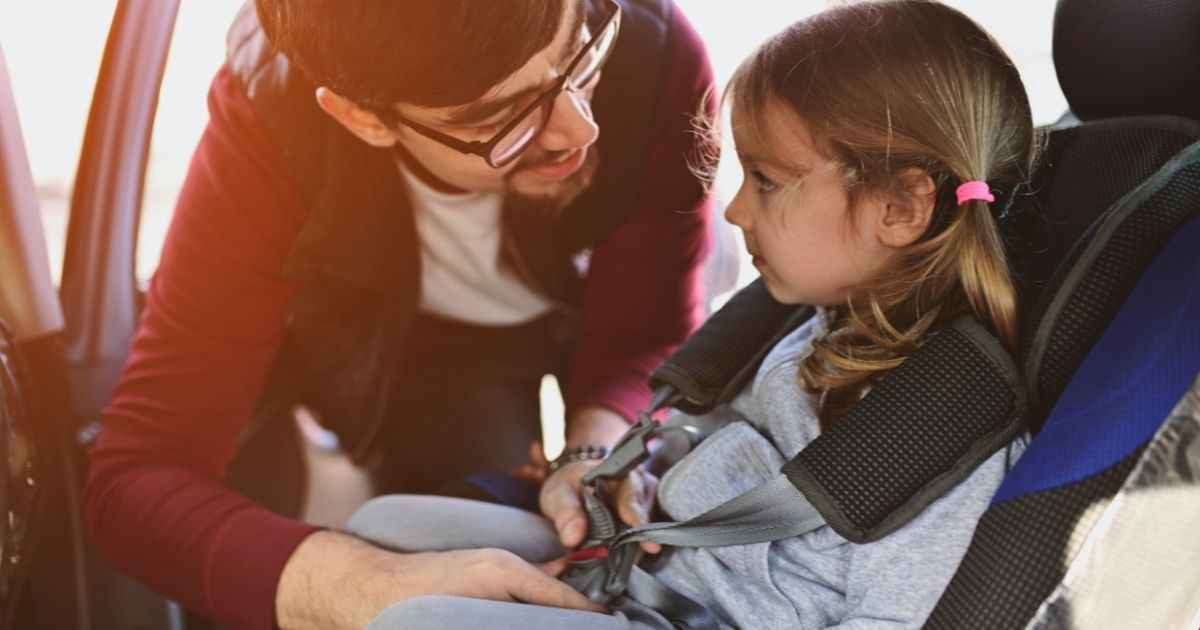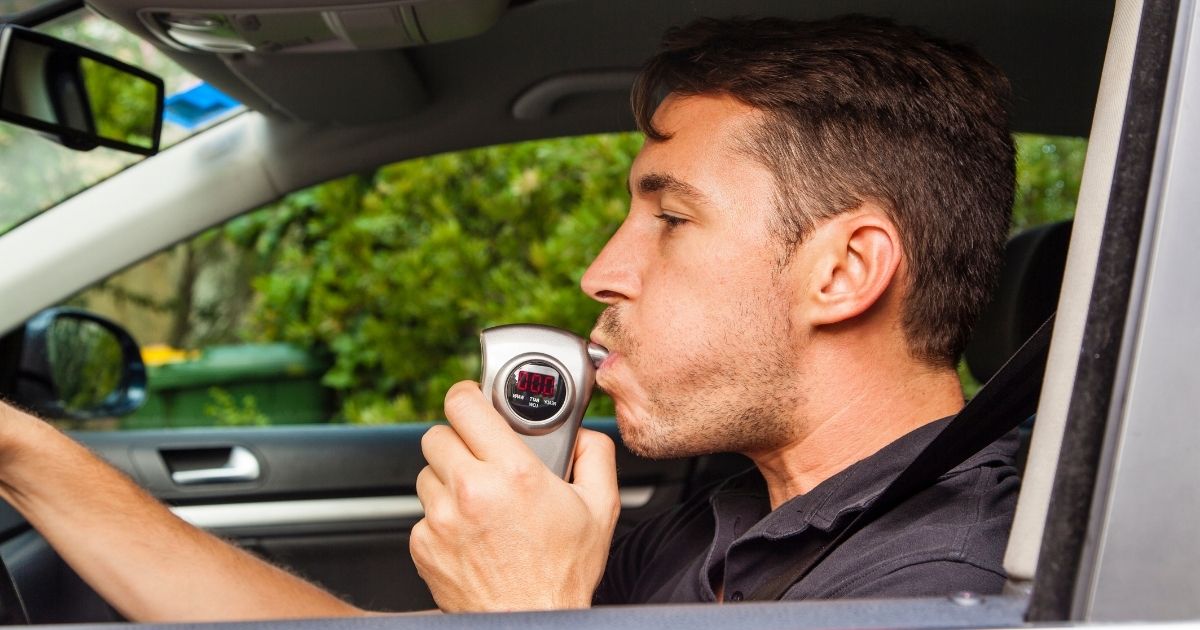Does Back-to-School Traffic Cause an Increase In Car Accidents?
Drivers in Georgia complain about the increase in tourist and vacationer traffic during the summer months, but late summer and early autumn brings another traffic surge as children go back to school and normal commuting habits start back up.
The result of more cars, trucks, vans, SUVs, and school buses on the road is a higher likelihood of crashes. Many cities across the nation have noted a rise in car accidents during the weeks when kids return to the classroom. Car accidents can be devastating and costly. You can help reduce the chances of being in a back-to-school car accident by understanding more about this annual phenomenon and taking precautionary measures when you are behind the wheel.
What Causes the Increase in Back-to-School Car Wrecks?
As mentioned above, more vehicles use common roadways in the morning and late afternoon hours when schools are in session. This naturally increases traffic, slows down traffic patterns, and increases time-to-commute. Yet a rise in the number of vehicles is hardly the only reason that back-to-school time often correlates with a bump up in crashes.
The next few paragraphs will address other contributing factors that can make late summer and early fall traffic more hazardous for drivers, passengers, and pedestrians.
Contributor #1: Buses
Plenty of children and their families take advantage of public transportation for their kids’ commutes to school. Unless kids are traveling on city buses, they are usually taking yellow buses to school.
Yellow school buses may stop several times in a one-mile stretch to pick up students, affecting traffic patterns for all cars behind them. They also stop at railway crossings. Despite the fact that school buses have the right of way, drivers may become impatient and try to pass them. Or, distracted drivers may forget to use caution and end up running into stopped school buses. It is always best to give school buses the room they need to maneuver and safely transport their young passengers. It is illegal to pass a school bus when the stop sign arm is extended and the red lights are flashing.
Contributor #2: New Drivers
Many teens take advantage of the long summer to finally get their driver’s license. A teen with a driver’s license is technically able to drive, of course, but they are inexperienced. That inexperience can lead them to use poor judgment or make bad choices. For example, teenagers are statistically more likely to allow distractions like the alert of a text message to interrupt their concentration levels. Even looking briefly at a phone while driving can set the stage for a catastrophic crash.
Contributor #3: Construction
It would be wonderful if all highway and street construction were finished by the time kids came back to school. Unfortunately, road construction projects can be delayed or extended. By the time back-to-school arrives, construction crews are still working hard to maintain and upgrade roadway surfaces.
The law is clear about driving conscientiously and slowly in construction zones. When faced with increased traffic and perhaps the worry of getting to school or work late, some drivers go too fast. Speeding in a construction zone can lead to a driver being fined. Additionally, it can be the cause of a crash.
Contributor #4: Sleep Deprivation
Summer affords many teenagers and even some parents the opportunity to sleep in, at least a little. Most schools start fairly early, though, which means that kids and parents may have to be ready earlier than normal. The result? They can feel a little weary and drowsy in the morning.
Younger teen drivers are especially at risk of not getting enough recuperative sleep before getting on the road. Teenagers need at least nine hours of sleep, but tend to get less than seven hours per night according to research. Mixed with their inexperience navigating in potentially heavy traffic, sleepy teen drivers may make more mistakes than their well-rested counterparts.
Contributor #5: Pedestrians and Cyclists
Not all children rely on motorized vehicles to get them to and from school. Some walk and others ride their bikes. These activities afford them the opportunity to get lots of exercise and maybe spend time with friends and siblings.
An increase in pedestrians and cyclists means that drivers need to be more cautious. Children should look both ways before crossing streets. They also should stay within crosswalks. However, they may forget or neglect these rules. It is up to drivers to make sure that they anticipate sharing the road with walkers and bikers.
How to Avoid Getting into a Back-to-School Accident?
You cannot change the fact that traffic might be harder to navigate at the end of August and beginning of September. You can change the way you prepare yourself as a driver, though. Taking just a few proactive measures can mean the difference between getting into an accident or arriving where you want to go without any problems.
Below are some of the top ways to handle driving during one of the busiest times of the year in Georgia:
- Prioritize your time management. Are you someone who usually leaves the house far later than intended? This behavior pattern can make you more likely to rush to work or be impatient with other drivers. Use the first few back-to-school weeks as excuses to get on top of your time management. Wake up a bit earlier, drink your morning coffee faster, and give yourself enough time to get where you need to go.
- Take teen drivers on the roads more often. If you have a teen driver in your household, take a few practice runs to and from the places your teen will most commonly go. These locations could include school, a friend’s house, soccer fields, the park, the mall, or the child’s job. Getting a feel for the roads will help your teen’s driving confidence and ability.
- Expect the unexpected. Other drivers as well as pedestrians and cyclists can be unpredictable. Drive defensively and expect anything to happen. Stay within speed limits and avoid any distractions, including eating breakfast on the way to work.
- Give school buses the room they expect. You can probably guess when and where you will be most likely to encounter school buses and vans. Stay attuned to them and put their drivers’ needs first.
- Make sure everyone in your household gets enough sleep. Though it may be hard to move to a more stringent sleep schedule, you can do everyone in your home a favor by insisting on earlier bedtimes. This is especially critical for you and your driver teens. Drowsy driving is a real problem that winds up causing accidents and crash-related injuries.
- Be careful in school zones. School zones are places where you need to slow down during specific times of the day. Either avoid school zones if you are in a hurry or plan for your drive time to be longer because of them.
- Use apps to find out about construction. Wondering if you are going to encounter construction during your daily commute? Many apps show active construction sites, allowing you to bypass them by taking less-traveled roads.
What Should You Do If You Are in a Back-to-School Accident?
An accident can be jarring and feel overwhelming. If you get into an accident:
- Call 911 immediately
- Try to move your car to a safer location if you can
- Assess the damages and make sure not to move anyone who has been seriously hurt
- While waiting for police and first responders to arrive, take snapshots of the scene. These may be helpful if you need to work with a car accident lawyer to compel insurance companies to cover any property damage or personal injury you experience.
- Above all else, get medical care to address any new symptoms that happen after your crash. These could include anything from headaches and blurry vision to back pain and bruises. Many accident injuries take time to show up rather than appear right away.
A knowledgeable car accident lawyer can help you understand how to move through the process of recovering damages if you have trouble getting fairly compensated after your crash.
Contact a Savannah Car Accident Lawyer at Kicklighter Law to Talk about Your Georgia Back-to-School Car Wreck
Did a back-to-school accident leave you overwhelmed with bills? Speak with a Savannah car accident lawyer at Kicklighter Law. Call our firm at 912-461-6309 or contact us online to arrange a consultation at our office in Springfield, Georgia. Our firm serves clients throughout Effingham County.


